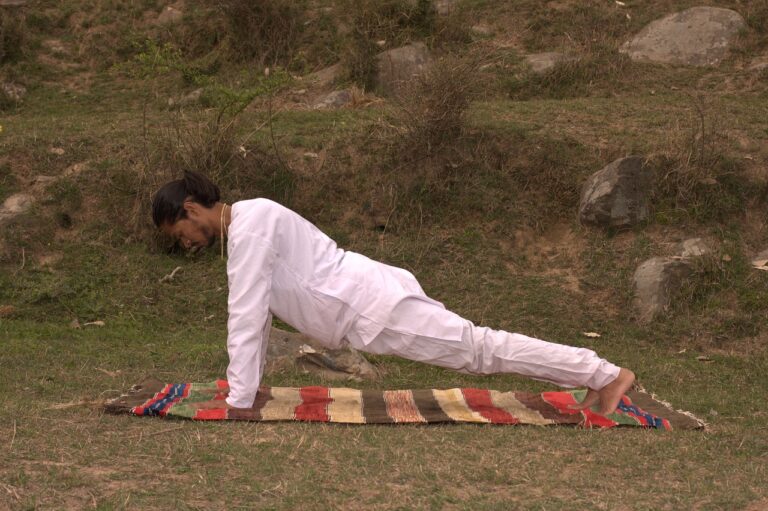The Role of Physical Activity in Mental Health Improvement
Engaging in regular physical activity has been shown to have numerous benefits for mental health. Studies indicate that exercise can help alleviate symptoms of anxiety and depression by boosting levels of endorphins, which are natural mood lifters. Furthermore, physical activity can act as a form of distraction, shifting one’s focus away from negative thoughts and promoting a sense of well-being.
Moreover, the connection between exercise and mental health extends beyond just the release of feel-good hormones. Participating in physical activities can also help improve self-esteem and body image, leading to a more positive outlook on life. Additionally, the sense of accomplishment that comes from achieving fitness goals can instill a sense of purpose and motivation, further enhancing mental well-being.
How Physical Activity Can Reduce Symptoms of Depression
Engaging in regular physical activity has been shown to have a positive impact on reducing symptoms of depression. Exercise triggers the release of neurotransmitters like endorphins, which are known for their mood-enhancing properties. This natural chemical response can lead to an overall improvement in one’s mental well-being.
Furthermore, the sense of accomplishment and satisfaction that comes from completing a workout can boost self-esteem and confidence levels. Physical activity also provides a distraction from negative thought patterns and rumination, allowing individuals to focus their energy on the present moment. These combined benefits of exercise make it a valuable tool in managing and alleviating symptoms of depression.
The Impact of Regular Exercise on Anxiety Levels
Exercise has been shown to have a significant impact on anxiety levels. Engaging in regular physical activity can help reduce feelings of anxiety and improve overall mental well-being. Studies have suggested that exercise can help lower levels of stress hormones in the body, leading to a calmer state of mind.
Furthermore, the endorphins released during exercise can act as natural mood boosters, helping to alleviate symptoms of anxiety. Whether it’s a brisk walk, a yoga session, or a high-intensity workout, finding an activity that you enjoy and incorporating it into your routine can be beneficial for managing anxiety. Prioritizing physical activity as part of a holistic approach to mental health may lead to a reduction in anxiety levels over time.





